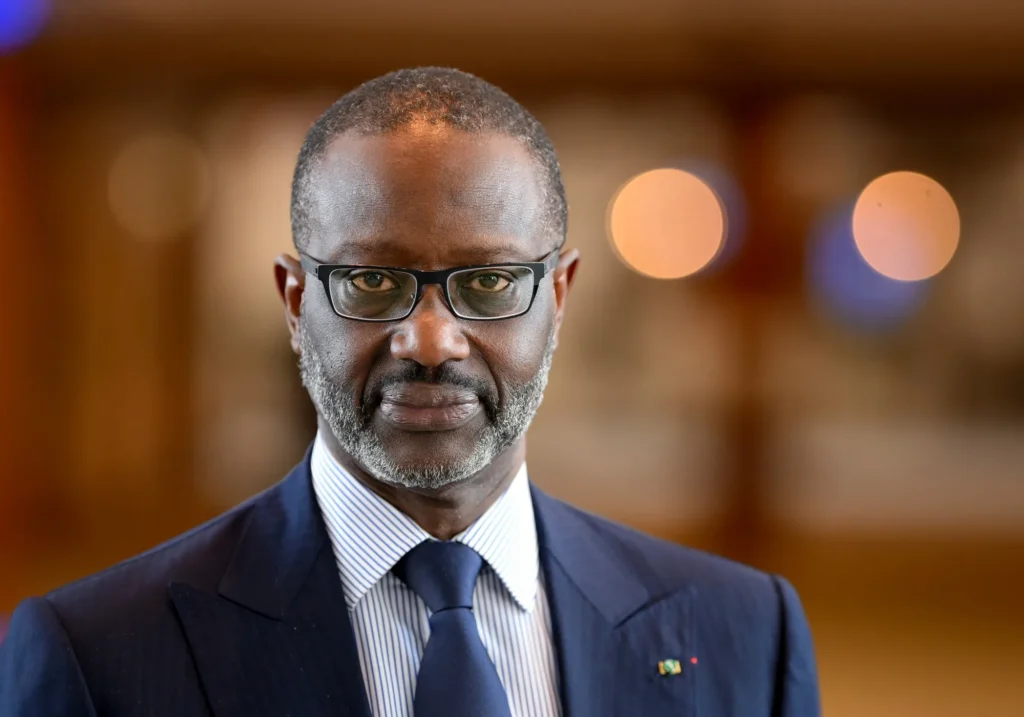Challenges for Democracy in Ivory Coast Following Tidjane Thiam’s Citizenship Ruling
As political dynamics shift in Ivory Coast, the bid of prominent figure Tidjane Thiam for the presidency has been thwarted by legal complexities surrounding his citizenship status. The former executive’s journey, marked by a successful international career, highlights the difficult intersection of politics and identity in a nation renowned for its cocoa production and illustrious football players.
Thiam’s path to candidacy, which initially seemed promising, took a dramatic turn on April 22, when a court determined that he had forfeited his Ivorian citizenship by acquiring French nationality decades ago, and failed to renounce it in time for the impending election set for October. Now, as pressures mount from both political enclaves and the populace, he faces an uncertain future.
Background of Tidjane Thiam
A native of Ivory Coast, Thiam returned to his homeland in 2022 after two decades overseas, during which he rose to the top ranks in global finance, serving as CEO of Prudential and Credit Suisse. His relocation sparked speculation about his potential to succeed current President Alassane Ouattara, who at 83 is navigating his final term in office following a tenure characterized by substantial economic growth.
As the Democratic Party of Ivory Coast (PDCI) selected him as their candidate following the death of former President Henri Konan Bédié in 2023, Thiam was well-positioned to rally support against the ruling Rally of Houphouëtists for Democracy and Peace (RHDP), led by Ouattara. However, with the ruling party’s resources and the incumbent’s incumbent advantageous positioning, Thiam’s candidacy faced significant hurdles.
Legal Setbacks and Implications
The court’s mandate barring Thiam from the election highlights deeper issues related to citizenship laws in the country. Under Ivorian law, dual nationality is permitted under strict conditions, and the date of Thiam’s citizenship loss—a result of legal proceedings enacted almost four decades ago—forecloses his eligibility. The implications extend beyond Thiam; similar rulings have previously excluded key political figures such as Laurent Gbagbo and Guillaume Soro from the political arena.
| Candidate | Status | Political Party |
|---|---|---|
| Tidjane Thiam | Banned from Running | PDCI |
| Laurent Gbagbo | Excluded | PDP/C |
| Guillaume Soro | Excluded | GPS |
| Charles Blé Goudé | Excluded | Unknown |
Public Sentiment and Future Outlook
As the political landscape unfolds, many Ivorians express profound discontent with the current establishment, which could potentially facilitate the rise of radical ideologies, as seen in neighboring nations like Mali, Burkina Faso, and Niger. A burgeoning youth demographic—comprising nearly 75% of the population—demands a voice amidst diminishing faith in traditional political structures.
Despite the unsettling climate, there have been recent positive electoral outcomes in West Africa, showcasing that incumbents can be unseated through fair elections. This raises hopes that Ivory Coast might still model a healthy democratic process, given its economic significance within the region and among francophone countries.
As the clock ticks towards the election, the possibility of a compromise remains. Should Ouattara choose not to run, he may wish to ensure the continuation of his policies by facilitating Thiam’s candidacy, thereby fostering stability in a country poised at the crossroads of change. However, what remains now is the uncertainty of whether such intervention can materialize in a politically charged environment.


